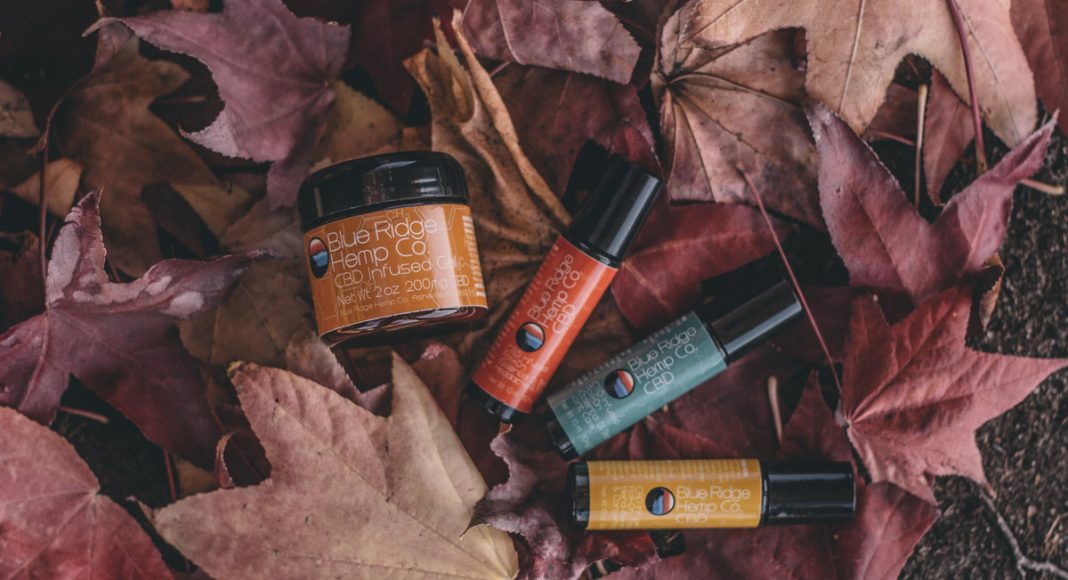Approximately 1.6% of adults in the U.S. suffer from Borderline Personality Disorder (BPD), a condition characterized by difficulty regulating emotions, impulsivity, low self-image, and problems creating and maintaining personal relationships. BPD is notoriously difficult to treat. Medications don’t often provide relief from symptoms, only intense and specifically-designed psychotherapy has proven any help.
Cannabidiol (CBD), however, shows promise as a possible treatment option for those who struggle with BPD.
Borderline Personality Disorder Symptoms
People with BPD exhibit most or all of the following symptoms:
- Frantic efforts to avoid real or imagined abandonment by friends or family
- Unstable personal relationships that alternate between extreme idealization and devaluation
- Distorted and unstable self-image
- Impulsive, dangerous behavior (e.g., overspending, substance abuse, unsafe sex, etc.)
- Self-harming behavior including suicidal threats and attempts
- Periods of intense depression, irritability, or anxiety, which can last for just a few hours to a several days
- Chronic feelings of boredom and/or emptiness
- Inappropriate, intense, and uncontrollable anger, which is often followed by equally intense shame or guilt
- Dissociation and/or stress-related paranoia
Because BPD is a personality disorder, treatment options are limited. Behavioral therapies like Cognitive Behavioral Therapy (CBT) and Dialectical Behavioral Therapy (DBT) are the most effective treatment options for BPD. There are no medications designed specifically for BPD, but antidepressant, anti-anxiety, and antipsychotic medications are often prescribed to Borderline patients to address certain symptoms like depression, anxiety, dissociation, paranoia, and intense anger. The benefit of these medications for people with BPD, however, remain unclear, and talk-therapy is often the first line of treatment for BPD.
How CBD Can Help
This is where CBD comes into the picture. When you ingest CBD, you ingest certain plant-derived cannabinoids, which act like the endocannabinoids your body produces naturally. The Endocannabinoid System (ECS) produces endocannabinoids to regulate the body’s internal functions and control how we think, feel, and react to things happening in the world around us.
Endocannabinoids do not follow what is considered the typical path of a chemical synaptic signaling, which is for a neurotransmitter to flow from a presynaptic neuron to a postsynaptic neuron and bind to a specific receptor. Instead, endocannabinoids flow backward from postsynaptic neurons to presynaptic neurons in a process called retrograde inhibition.
Endocannabinoids are sent throughout the body by the ECS to achieve and maintain the body’s internal homeostasis, or balance, among all of is working parts. In many psychiatric disorders, symptomatic or episodic behaviors can be traced back to overactive neurons, which send too many neurotransmitters from presynapse to postsynapse and overload receptors.
RELATED: Is CBD A Rising Star Or Just Popular Fad?
Since endocannabinoids follow the inverse of this process, they actually block and mediate the transfer of neurotransmitters to ensure the appropriate amount of neurotransmitters are being sent and binding to receptors. And, since the plant-derived cannabinoids that enter your body when you use CBD act like the endocannabinoids your body produces, they also work to mitigate the transfer of neurotransmitters and to combat overactive neural transfer associated with many of the BPD symptoms like anxiety, anger, impulsivity, and even paranoia.
One of the endocannabinoid receptors that CBD activates are 5-HT1A serotonin receptors. Serotonin, informally known as the “happy chemical,” is a chemical the body produces that’s important for mood regulation. People suffering from depression and anxiety, for instance, seem to exhibit lower levels of serotonin that do people who are not. People with BPD exhibit the same lowered serotonin levels. When CBD activates the 5-HT1A serotonin receptors, they bind to 5-HT serotonin neurotransmitters and increase serotonin production, which in turn combats the negative effects of depression and anxiety that come along with BPD.
Products To Use
CBD products made from or with hemp oil can also be beneficial to people struggling with BPD. Hemp oil is high in Omega-3 Fatty Acids, which could have an anti-inflammatory effect on the brain and help cognitive function. And many psychiatric disorders, including BPD, correlate with a deficiency in Omega-3 Fatty Acids in the body. Research on Omega-3 Fatty Acid supplementation found it to be an effective treatment method for both children and adults with BPD.
RELATED: Pete Davidson Discusses Marijuana And Borderline Personality Disorder
There is no single, miracle fix for BPD. Managing BPD is incredibly difficult and requires hours of therapy and hard work. With the right treatment combination, though, people with BPD can still lead wonderful and fulfilling lives. This article is not to suggest that CBD can replace existing BPD treatment, or to guarantee that CBD will even work for everyone with BPD who tries it.
Everybody’s different, and so the way BPD manifests in different people and the way CBD affects different people is entirely relative to the individual. But CBD looks promising for BPD patients as a possible treatment option to supplement talk therapy and to target specific BPD symptoms that get in the way of everyday life.


